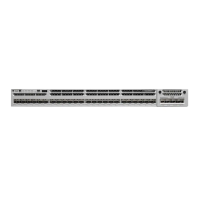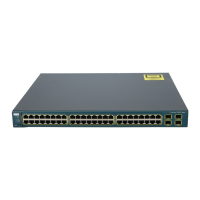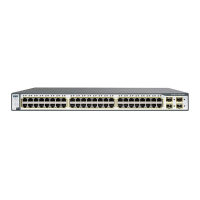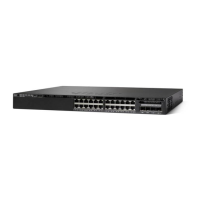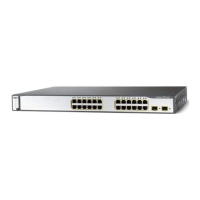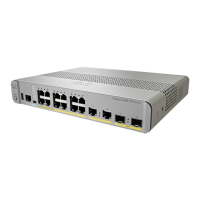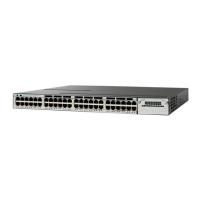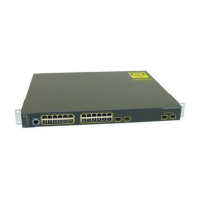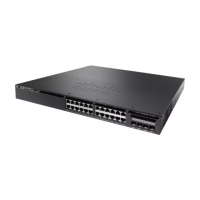an SA message from another MSDP peer in the group, it assumes that this SA message was sent to all the
other MSDP peers in the group. As a result, it is not necessary for the receiving MSDP peer to flood the SA
message to the other MSDP peers in the group.
Related Topics
Configuring an MSDP Mesh Group, on page 219
Example: Configuring MSDP Mesh Groups, on page 238
Benefits of MSDP Mesh Groups
•
Optimizes SA flooding--MSDP mesh groups are particularly useful for optimizing SA flooding when
two or more peers are in a group.
•
Reduces the amount of SA traffic across the Internet--When MSDP mesh groups are used, SA messages
are not flooded to other mesh group peers.
•
Eliminates RPF checks on arriving SA messages--When an MSDP mesh group is configured, SA
messages are always accepted from mesh group peers.
SA Origination Filters
By default, an RP that is configured to run MSDP will originate SA messages for all local sources for which
it is the RP. Local sources that register with an RP, therefore, will be advertised in SA messages, which in
some cases is not desirable. For example, if sources inside a PIM-SM domain are using private addresses (for
example, network 10.0.0.0/8), you should configure an SA origination filter to restrict those addresses from
being advertised to other MSDP peers across the Internet.
To control what sources are advertised in SA messages, you can configure SA origination filters on an RP.
By creating SA origination filters, you can control the sources advertised in SA messages as follows:
•
You can configure an RP to prevent the device from advertising local sources in SA messages. The
device will still forward SA messages from other MSDP peers in the normal fashion; it will just not
originate any SA messages for local sources.
•
You can configure the device to only originate SA messages for local sources sending to specific groups
that match (S, G) pairs defined in the extended access list. All other local sources will not be advertised
in SA messages.
•
You can configure the device to only originate SA messages for local sources sending to specific groups
that the match AS paths defined in an AS-path access list. All other local sources will not be advertised
in SA messages.
•
You can configure the device to only originate SA messages for local sources that match the criteria
defined in the route map. All other local sources will not be advertised in SA messages.
•
You configure an SA origination filter that includes an extended access list, an AS-path access list, and
route map, or a combination thereof. In this case, all conditions must be true before any local sources
are advertised in SA messages.
IP Multicast Routing Configuration Guide, Cisco IOS XE Release 3.6E (Catalyst 3850 Switches)
OL-32598-01 207
Configuring MSDP
SA Origination Filters
